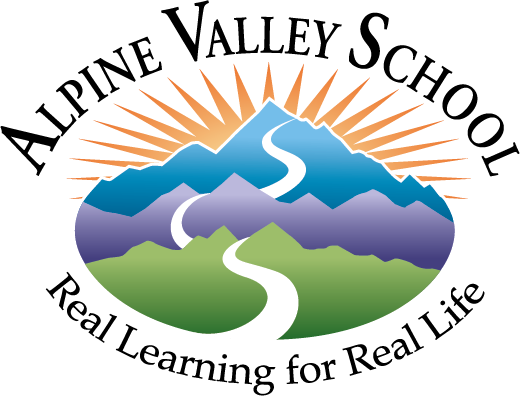Honored Students
I think most of us would agree: there are some students for whom conventional schools simply don’t work. Fewer, I suspect, would support my claim that these schools also do a disservice to those students who appear to thrive in them. Yet extensive experience as both a student and educator has convinced me that this is, in fact, the case.
Attending conventional schools throughout my childhood, I had just the sort of abilities and attitudes that system favors. Not only did I exhibit strong verbal and quantitative skills, I was also raised to comply with authority figures. I did what I was told, I did it well, and the straight As and praise flowed in a profuse, steady stream.
At the time I didn’t think too much about this. Even when I started college and it became apparent I wasn’t quite ready for its challenges, my self-image as a smart, successful student didn’t waver much. I simply bore down, continuing to rely on the direction and evaluation of teachers for a sense both of what I ought to do and how well I was doing it.
Only with the full onset of adulthood did it become undeniable that something was lacking—quite a lot, as it turned out. No longer receiving constant instruction and feedback, I had to figure out for the very first time what I wanted to do with my life and how to get things done. Unfortunately, it took years before I had the knowledge, confidence, and practical skills to begin crafting an authentic, satisfying life.
This is why I maintain that conventional schools fail even honors students. In the prevailing paradigm, success is defined within narrow limits and depends on one’s willingness to give adults control over what, when, and how one learns. Consequently, this system predisposes students for addiction to external direction and evaluation. To an alarming degree, they lose opportunities to develop self-direction, self-assurance, and self-reliance.
In contrast, the students I’ve known at Alpine Valley School (and other schools following the Sudbury Model) possess these qualities to a degree that might make your head spin. This is because they’re free to spend their time as they choose, to learn in the ways that work best for them. It’s because they have to decide what’s worth their time, how to get things done, and how they’re doing. And it’s because they’re full members of a democratic, mixed-age community in which their voice counts the same as anyone else’s.
This is a key point: taking responsibility for one’s own life and community is hard, yet it facilitates the most amazing, vital growth. Have you ever wondered why so many young adults seem to lack a sense of direction? I respectfully suggest that it might be because, throughout their schooling years, they’re never allowed to find their own way; because in our efforts to guide them, we deny them opportunities to maximize their potential. Yes, children will grow in most environments: yet if my experience is any guide, even those who do well in conventional schools tend to be inhibited and/or misdirected in discovering their strengths, weaknesses, and passions, not to mention figuring out how they wish to spend their lives.
Some years ago I was asked by the parent of a graduate what I thought her daughter had gained by attending Alpine Valley School. After reflecting for a moment, I replied, “about a fifteen-year head start on her adult life.” In her early 20s, she had a grasp of who she was and how life works that took me much longer to develop. I ask you, then: What would you give to add an extra fifteen years to your life? Isn’t the capacity to succeed on one’s own terms a gift we should extend to as many young people as possible?
Let’s not rely on conventional standards of success for our children. Instead, let’s allow them the time and space, the responsibility and the respect, to practice learning how to go about the business of living. Let’s put a twist on that ubiquitous bumper sticker and proclaim, “My child is an honored student.”
